 Silverdale Plumbers
Silverdale Plumbers
 Silverdale Plumbers
Silverdale Plumbers
Gas Line Repairs is a critical plumbing service that includes assessment, upkeep, and correction of propane and natural gas systems to ensure regulatory compliance and occupant safety. This service addresses gas leaks, pressure irregularities, and pipe damage, using precision equipment and safety procedures to protect occupants and prevent hazardous conditions. Licensed plumbers ensure all repairs comply with laws and regulations for safe and dependable energy supply
We provide top-quality Plumbing services throughout Bucks County. Whether you need help with Gas Line Repairs or other issues, our Professionals is ready.
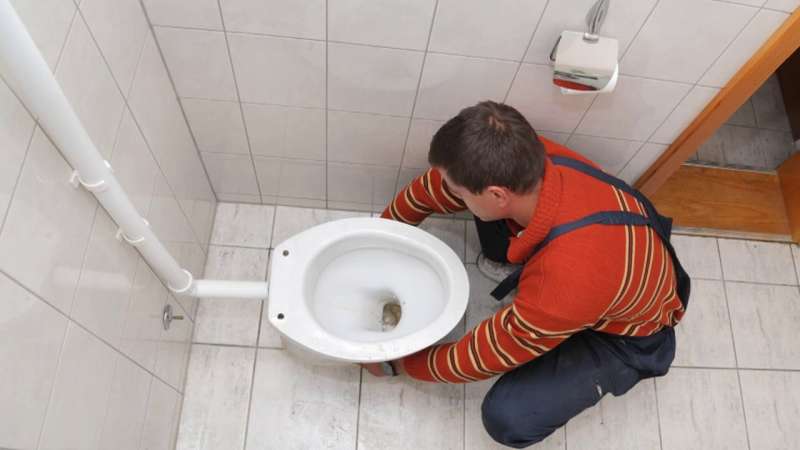
Setting up dishwashers, water heaters (tank and tankless), garbage disposals, and washing makers.
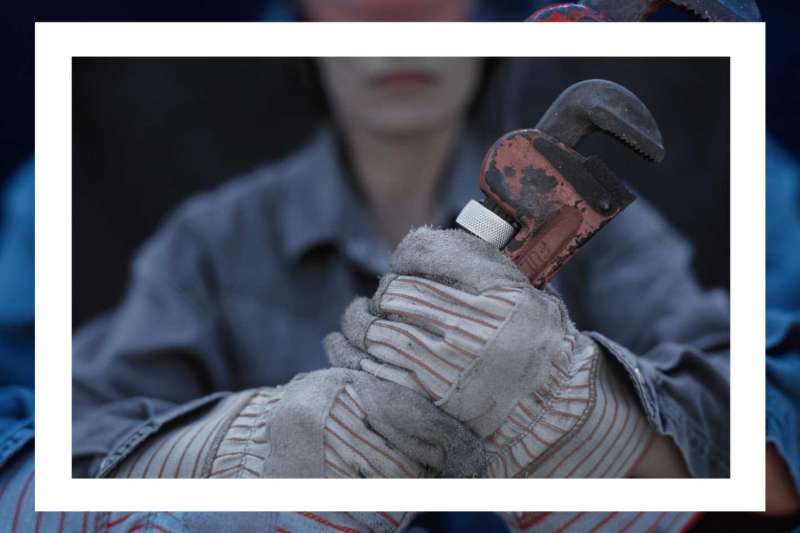
Guaranteeing backflow avoidance devices are working correctly.
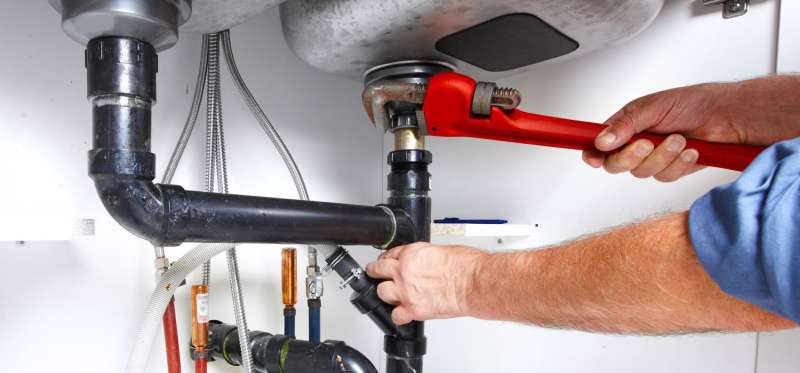
Transferring or updating plumbing systems.
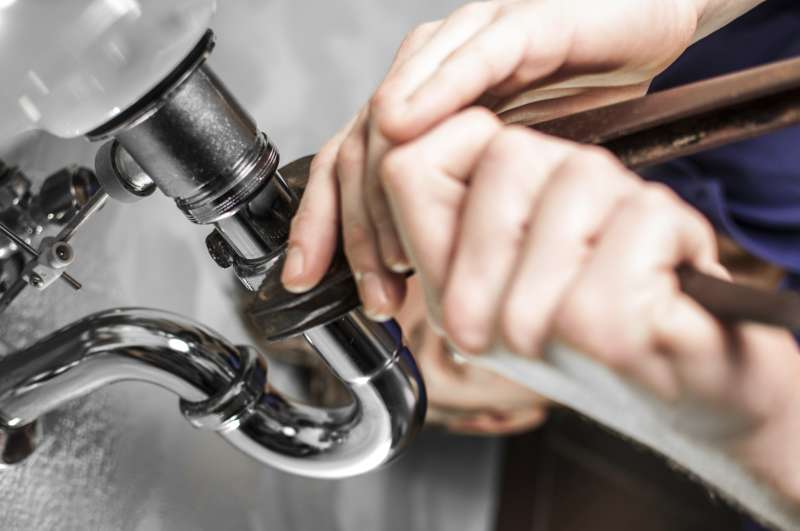
Guaranteeing plumbing systems satisfy local policies.
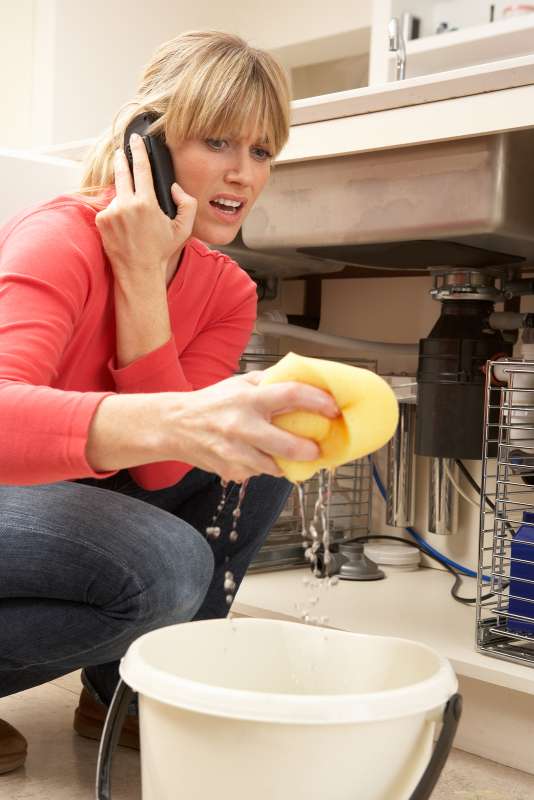
Immediate action to prevent flooding and water damage.

Cleaning obstructions in sinks, toilets, showers, and sewer lines.
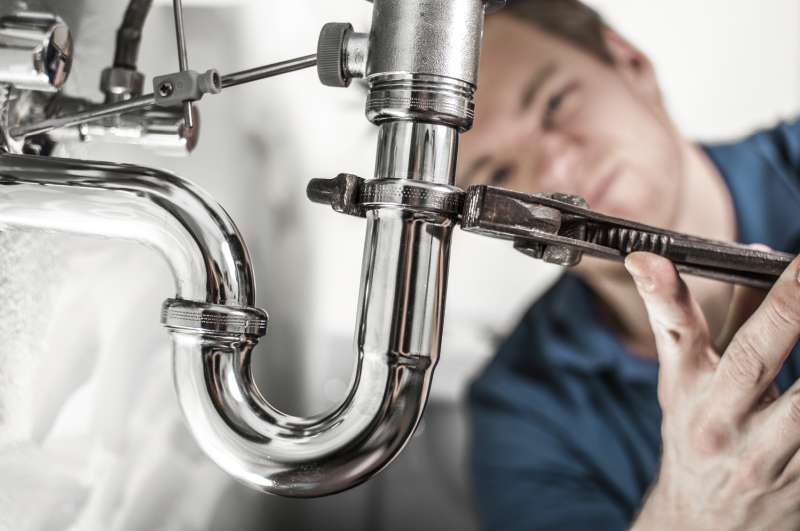
Regular cleaning to prevent blockages and maintain flow.
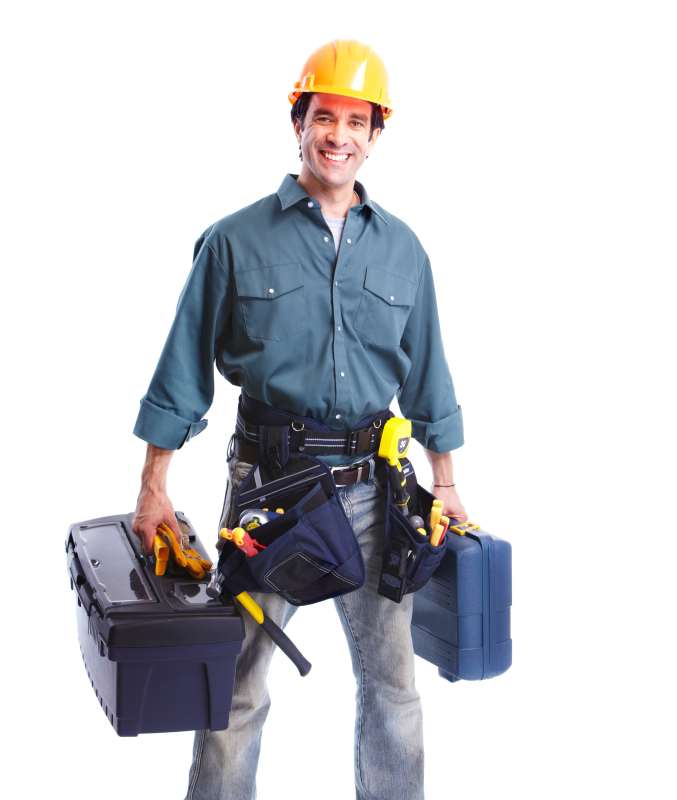
Fixing malfunctioning faucets, toilets, and other components.
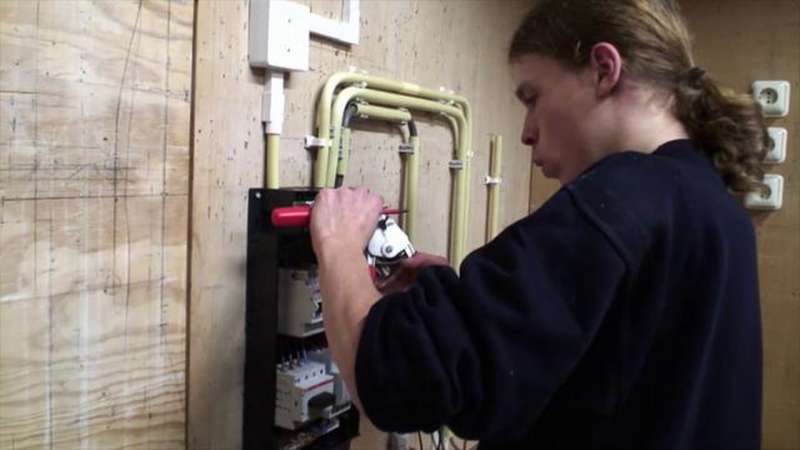
Installation of sinks, faucets, toilets, bathtubs, and showers.
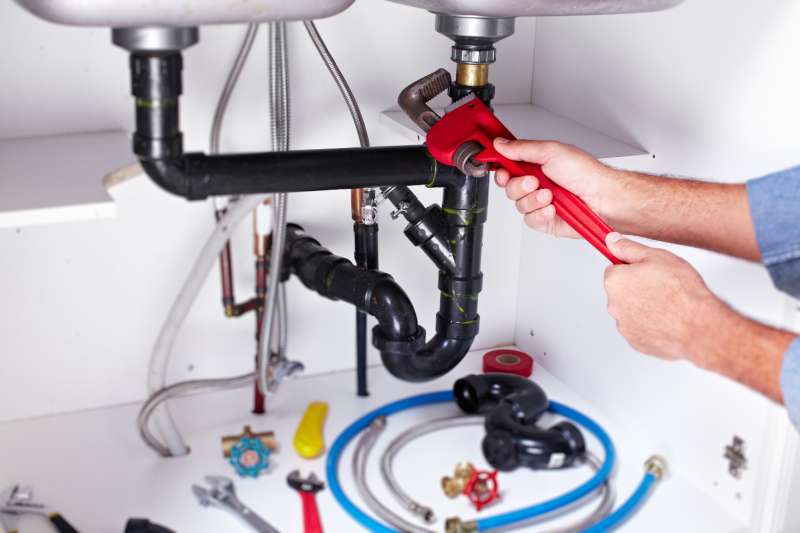
Emergency detection and repair work to prevent hazards.
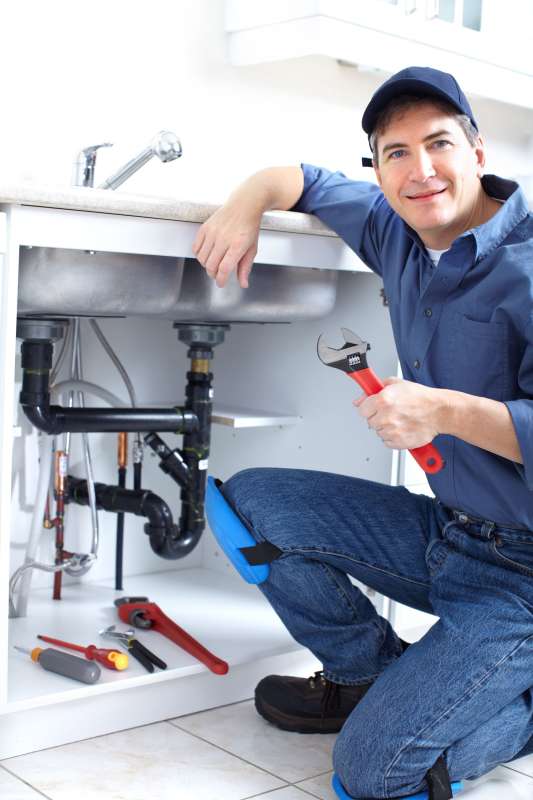
Fixing gas leakages and ensuring appropriate gas line functioning.
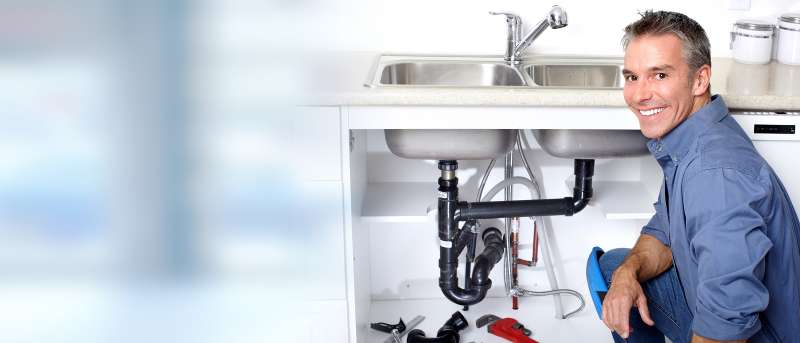
Setting up systems for reusing home wastewater.
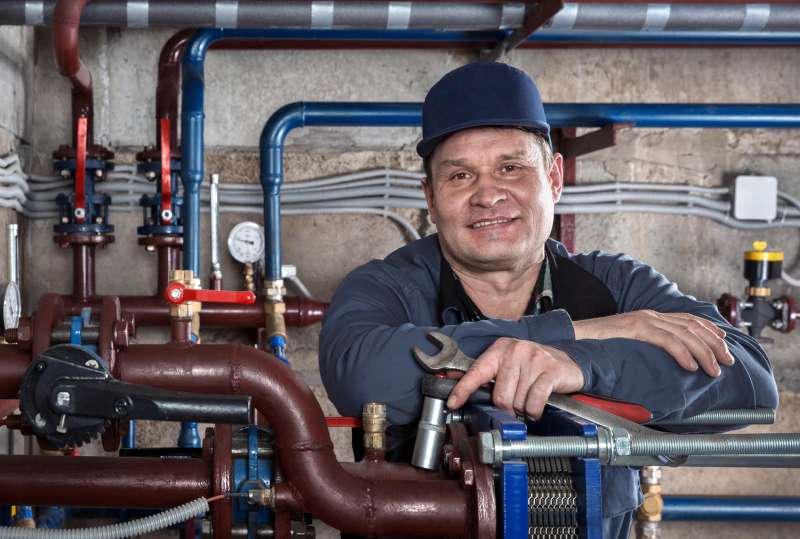
Setting up and maintaining glowing floor heating systems.
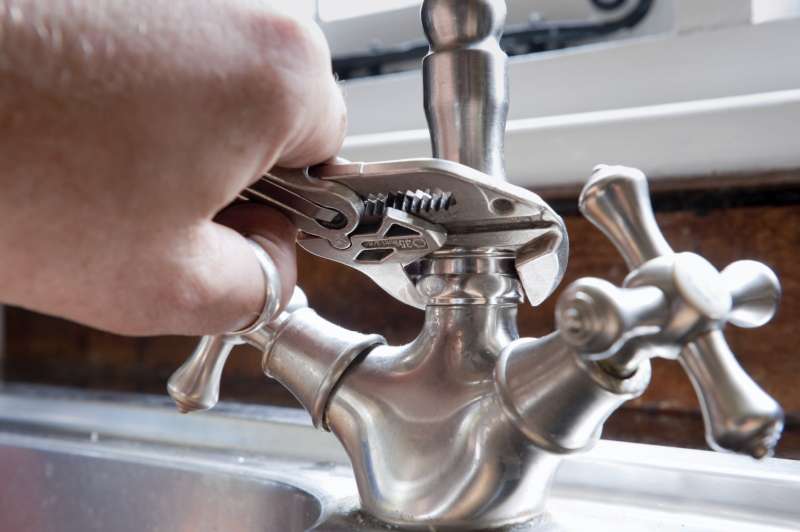
Specialized piping for factories or industrial settings.
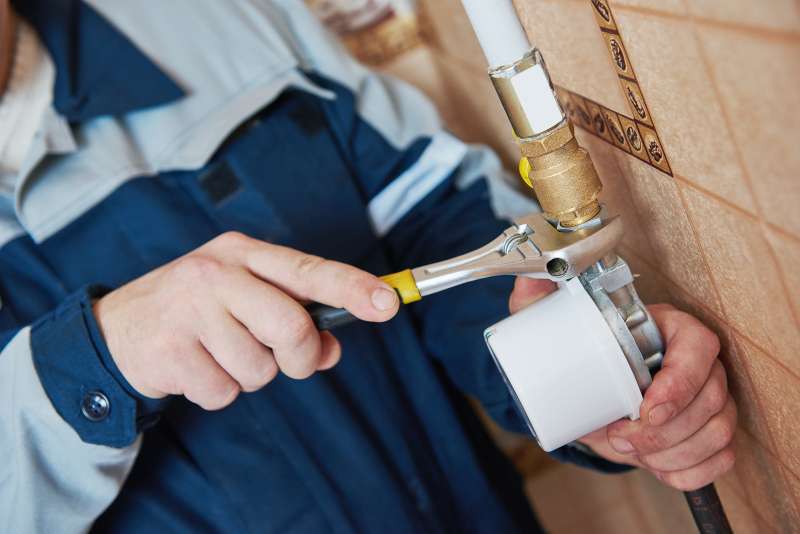
Installing and preserving outdoor irrigation.
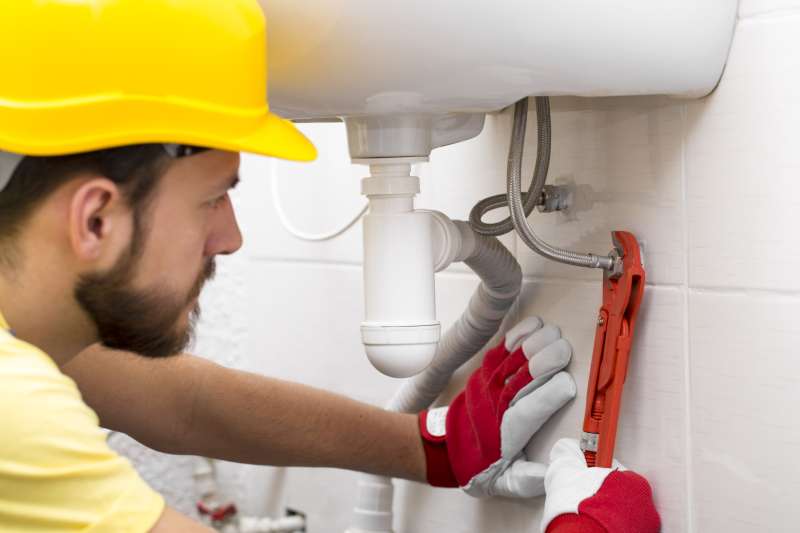
Plumbing systems for brand-new structures or renovations.
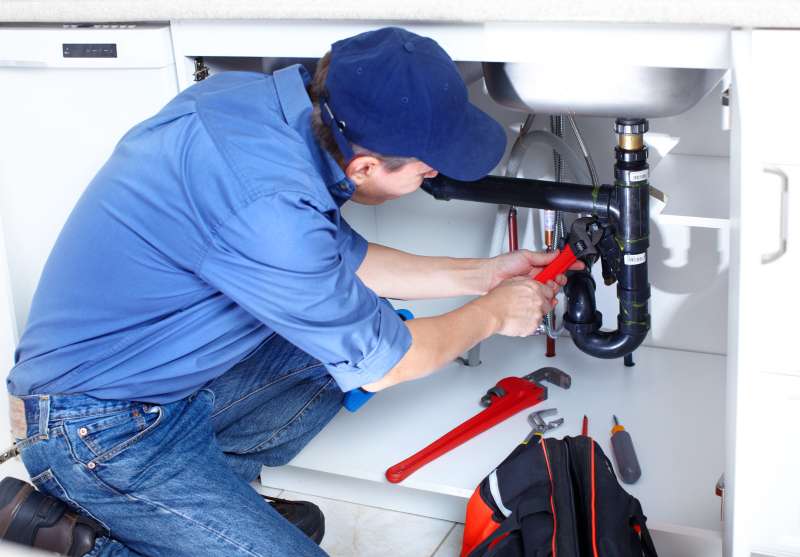
Fixing leaks in pipelines, faucets, toilets, and devices.
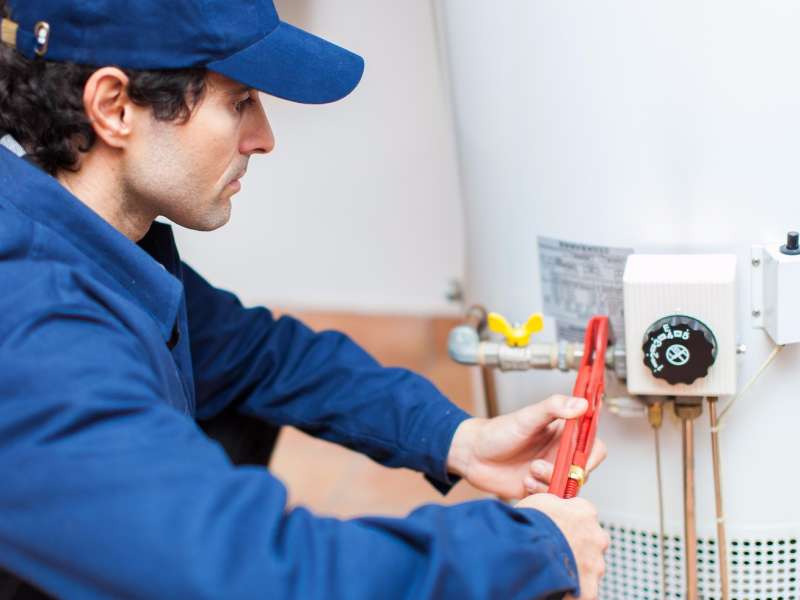
Quick resolution of serious blockages and overflows.
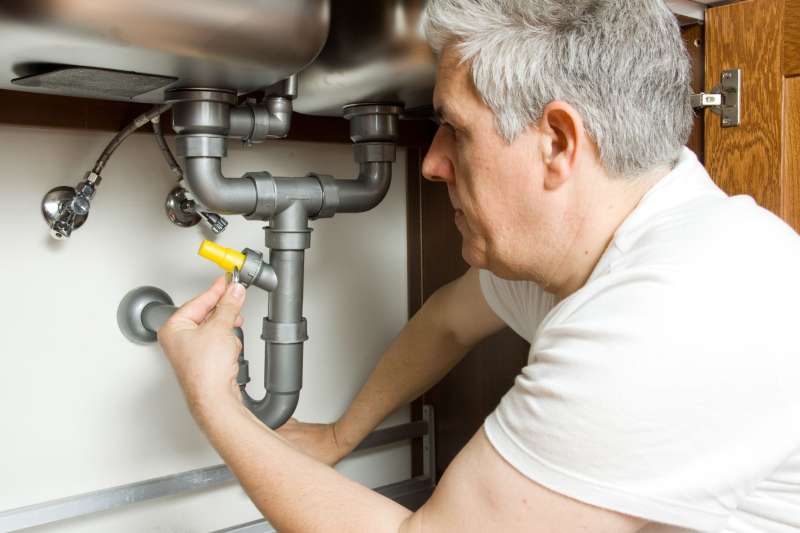
Utilizing cameras to examine pipelines for damage or blockages.
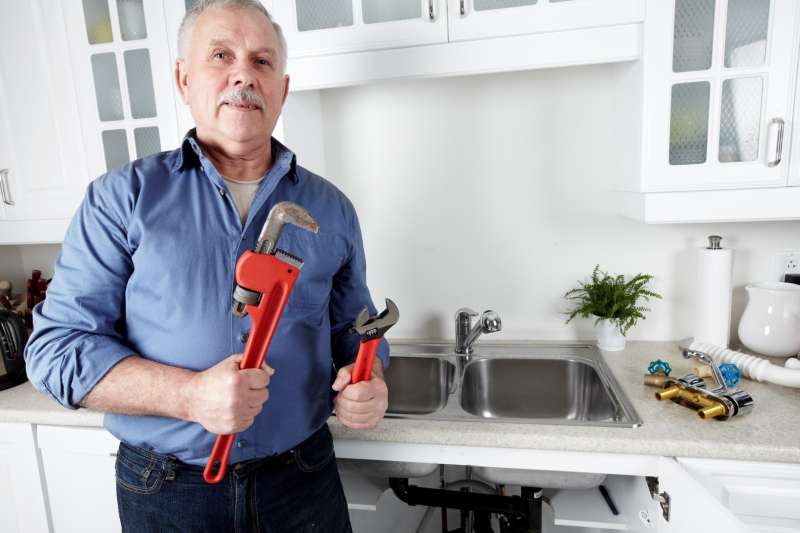
Repairing or replacing burst, rusted, or harmed pipelines.
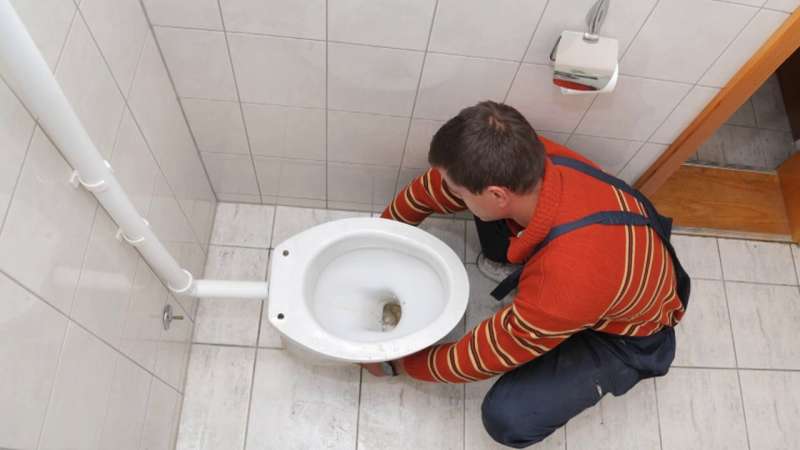
Setting up brand-new piping systems for water, gas, and drainage.
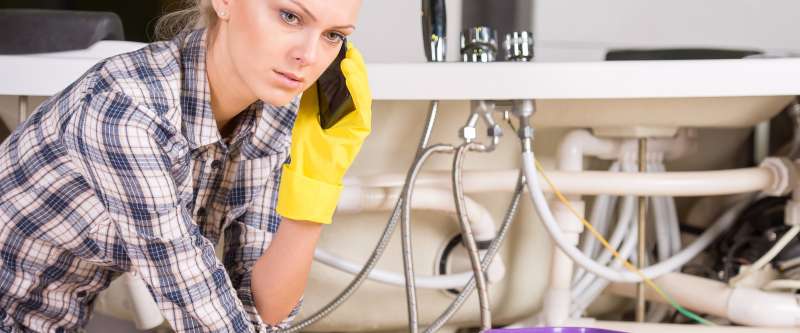
Assessing plumbing systems before purchasing residential or commercial property.
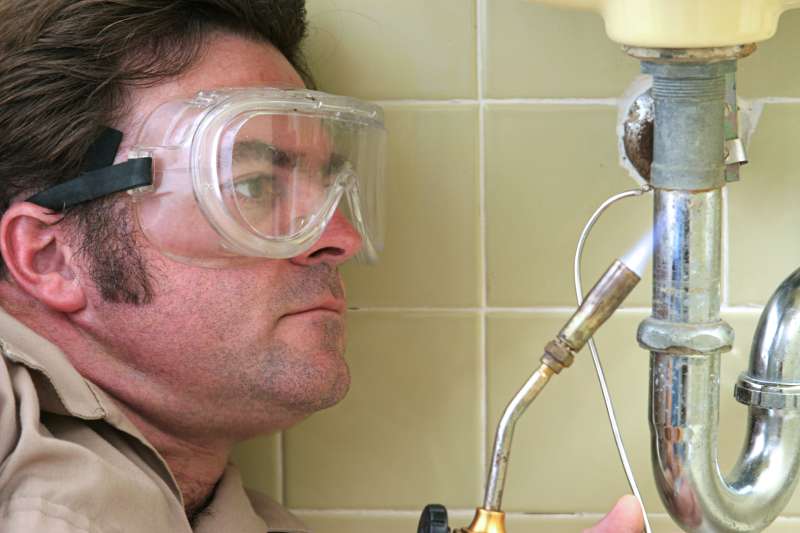
Installing systems to gather and use rainwater.
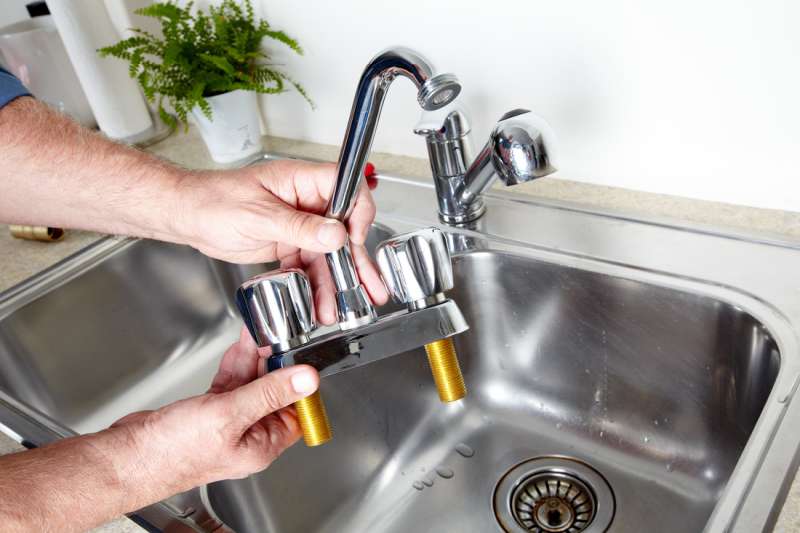
Continuous upkeep services for organizations.
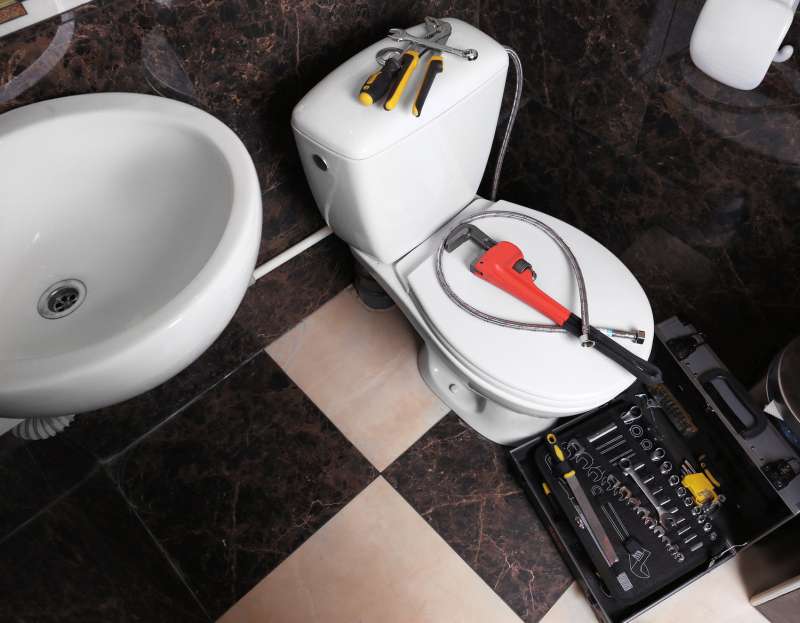
Setting up, repairing, and maintaining septic systems.
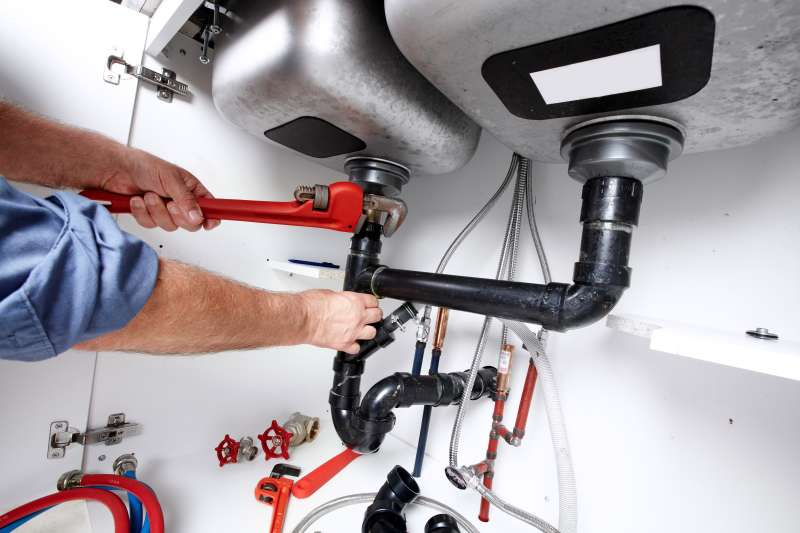
Handling groundwater in basements.
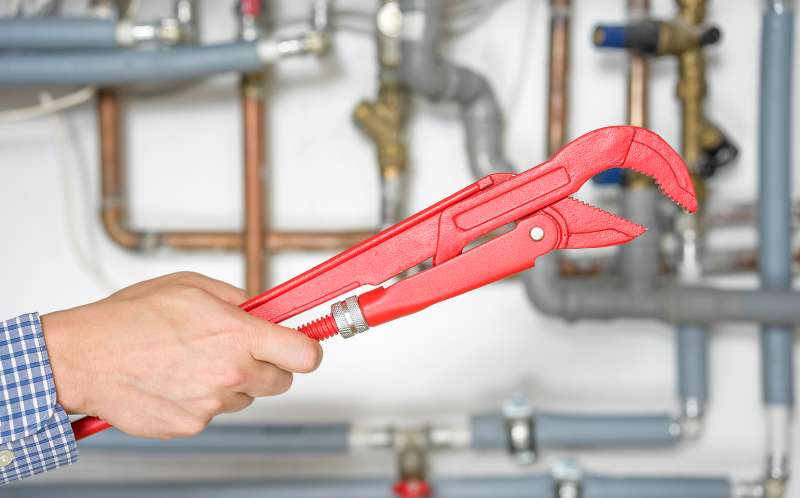
Installing water-efficient or contemporary components.
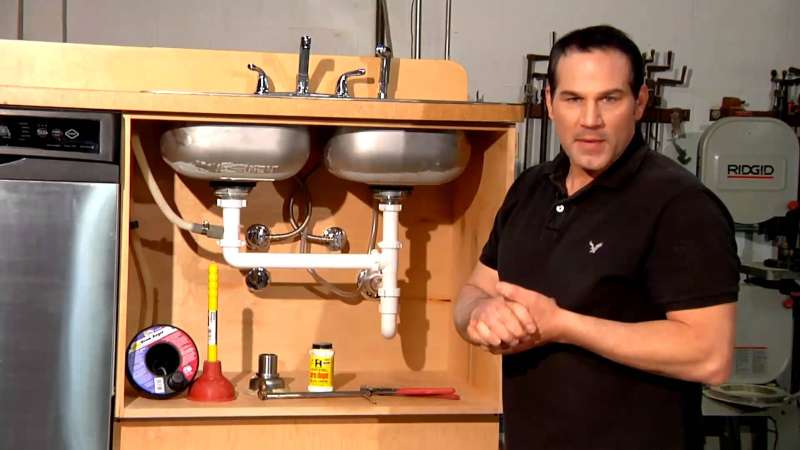
Encouraging on water-saving techniques and products.
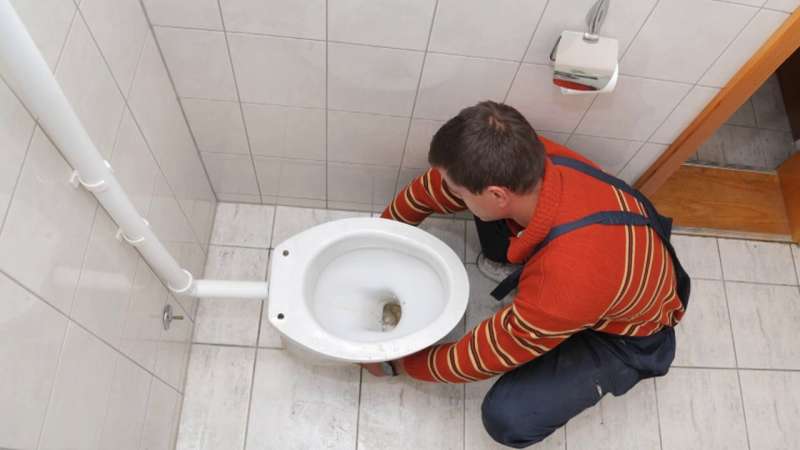
Installing water conditioners and filtration systems.
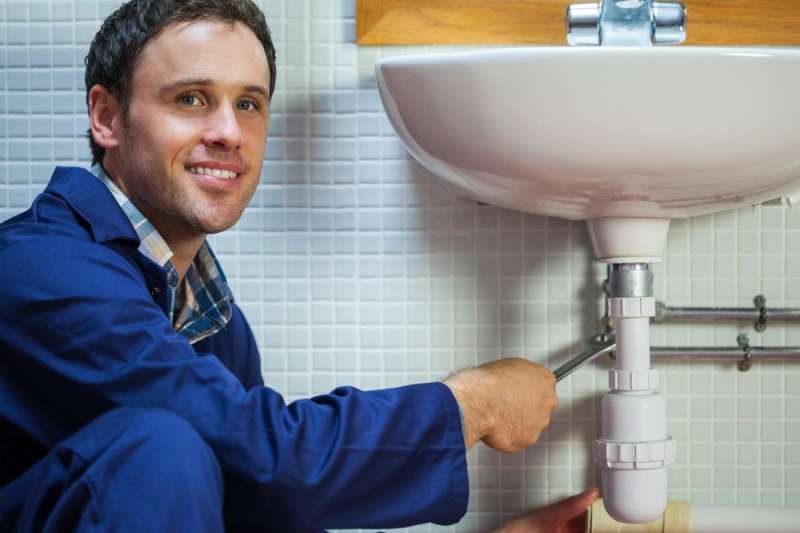
Flushing and examining water heaters to prolong life expectancy.
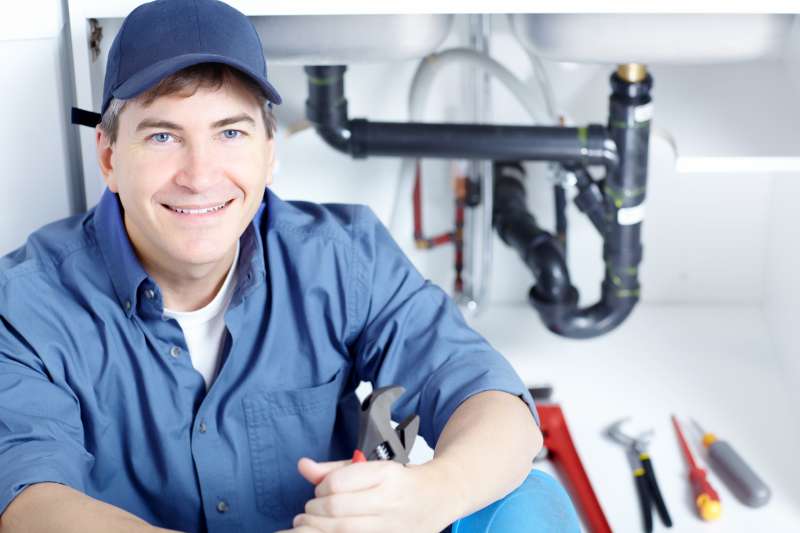
Attending to issues with temperature level, leaks, or failure to heat water.
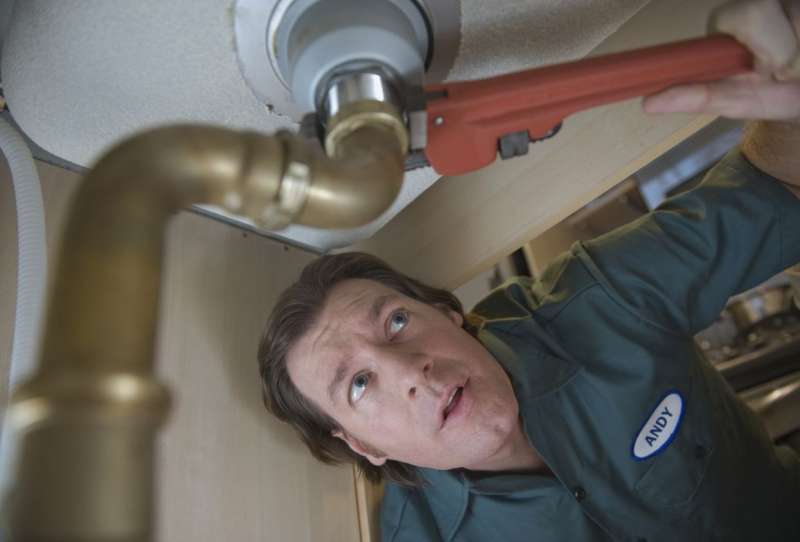
Protecting basements or other locations from water intrusion.
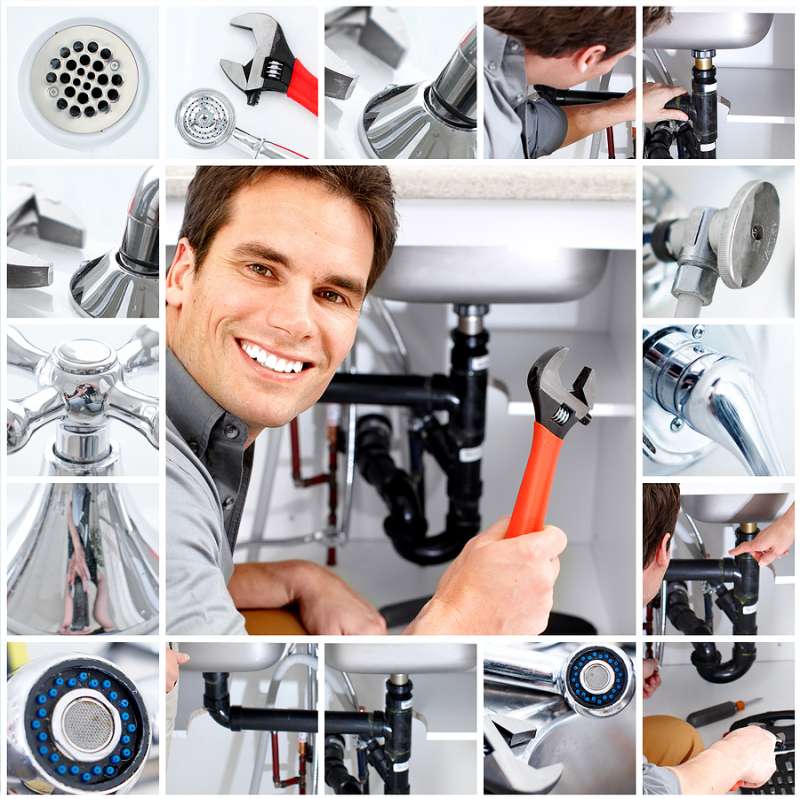
Immediate attention to prevent contamination and health risks.